
Image courtesy of Sony Pictures
FATHER STU– 3 STARS
About a year ago in this very review space, Mark Wahlberg’s Joe Bell was described as an “unglamorous glamor project.” It felt like the actor, while trying mightily to put away his usual bulletproof persona and play his age, was putting forth public relations atonement for his own past misdeeds of prejudice. The effort was there yet misaligned to the true heart of that authentic story. Cut to a new year and Father Stu. The motions and gestures may look the same, but the labor and dedication fall into the right place this time, namely one’s knees in faithful devotion.
Mark Wahlberg, a notable devout and practicing Catholic, considers Father Stu a bona fide “passion project.” The soon-to-be 51-year-old actor learned about the life of Father Stuart Long from two priests over lunch in 2016 and co-financed the film to existence. Sometimes when actors put their money where their mouth is and stake their reputation on a story they truly believe in, good things happen. This is one of those good things.
Wahlberg plays Stuart Long, the 1985 Golden Glove heavyweight champion and 1986 runner-up for the state of Montana. The squared circle was the place for the hot-to-trot young man to dominate. Outside of it, he was often a brutal and drunk mess. When life-threatening complications stemming from an infection in his jaw halted his in-ring career, Stuart departed for Los Angeles hoping to be discovered as the next silver screen action star, much to the skeptical worry of his podunk mother Katheen (two-time Academy Award nominee Jacki Weaver).
What was easy for Stuart with his buffness and fists in the ring is not in Tinseltown. Rejections and minimum wage work add up and wear him down. Yet, Stuart, as played by Wahlberg with all the warped cocksureness in the world, showed himself to be the kind of guy that didn’t take no for an answer because, as he said, “I don’t need a yes to know I’m right.” The lack of care or decorum to do anything to please and nothing half-ass fit the actor to a T as an uncouth tornado of indignation. Much of that is enhanced by fatherly scars from the absentee Bill Long, played by the ineffaceable Mel Gibson who lingers throughout the film with his own contention and anger.
LESSON #1: PEOPLE ARE FLAWED AND LOOKING FOR A PURPOSE– When Stuart met and courted the devout and maidenly Carmen (Teresa Ruiz of Narco: Mexico), someone way out of his league of dignity, culture, and morality, his untreated flaws lacking anything truly good were amplified where, as she remarked, “cheap cologne cannot cleanse you from the ugliness of sin.” As Carmen brought the engorged manchild more and more into the church setting, those corporeal thorns that rubbed everyone the wrong way began to dull.
LESSON #2: THE EPIPHANIES OF NEAR-DEATH EXPERIENCES– Sure enough, few things change a man more than a near-death experience. After recovering from a nasty motorcycle accident, Stuart learned patience for a larger purpose and how you only need one reason to be grateful, and it’s Him with a capital H. His new lease on life charged Stuart towards not only baptism to make himself more spiritually clean but over that towards the initiative of becoming a Catholic priest, celibacy and all.
With this leap, Father Stu makes a formidable shift in character trajectories and audience grip. For most of the movie, we see Stuart as a delusional fraud desperate to find himself and likely cursed for failure. A tough switch is flipped to root for a holy level of success for a questionable lead character, which can be a tall order made even taller with a diagnosis of inclusion body myositis (IBM) with eventual autoimmune degradation similar to ALS, requiring a second transformation for Wahlberg.
LESSON #3: FORGIVENESS IS CONTINGENT ON US FORGIVING OTHERS– The shift of renewal and repurpose for the soon-to-be-ailing Stuart Long took hold during his seminary time (overseen by an astute Malcolm McDowell) only when he conquered this very lesson. His elitism-breaking charisma and unfiltered honesty reached people just as checkered and broken as himself and found their value within the higher calling. In order to guide others to follow a better path, he had to repair his own. The third act of Father Stu brings that forward with the reinsertion of Bill into Stuart’s life.
Playing a blockhead dreamer with a pottymouth and physical presence wasn’t a stretch for Mark Wahlberg. What is an extension to his usual acting range was when those traits were squelched down or washed away. Father Stu is arguably the most vulnerable we’ve been allowed to see Mark Wahlberg, and that is a welcome development. His performance here is one of the best things Mark has done, on-screen or off, in a long time.
Elevating nicely in time for the conclusion, the same goes for Mel Gibson. He is no stranger to bigotry on-screen (and off) where he and Wahlberg are made for each other in a way, especially this being the second time the Braveheart Oscar winner has played Mark’s movie father after Daddy’s Home 2. This sure ain’t that peachy of a show but their dynamic remained excellent. One cannot help but wonder if Gibson too was projecting and applying some personal penance to exorcize some demons right alongside Bill’s.
Like the unorthodox eventual priest himself, Father Stu has its rough edges. The simpleton roots of the movie kept the craft side a little unkempt in tone and assurance. Composer Dickon Hinchliffe (Winter’s Bone, The Lost Daughter) lays his signature acoustic-backed hardscrabble score on nice and thick to the point of obviousness. The cinematography from Jacques Jouffret (Joe Bell, Mile 22) follows suit to wobble and crouch more than stand tall with the invisible weight on display. Something that luckily isn’t plain is the script.
LESSON #4: BLUNT MESSAGES SOMETIMES BRING BLUNT RECEPTION– Debuting writer-director Rosalind Ross wrote a fittingly curt screenplay that stands as the best quality of the movie next to its lead actor. Filled with quick retorts and confident arguments peppered with coarse humor, seemingly every dialogue moment of challenge, metaphor, verse, or doubt is followed with an even greater punchy answer. No one is stopping to pose or pontificate without getting words sent their way. To that end, Father Stu personifies how blunt messages sometimes bring blunt reception in return. This movie will certainly draw those responses between those captivated and those unconvinced.
LESSON #5: LEARN HIS STORY– Through it all, Father Stu stays reasonably tight to the true story with some molding for dramatic license and condensement. The movie accelerates the decade-long time in the seminary, making it feel like a couple of proverbial summers away at camp instead. Some middle bounce-around years where Long became a Catholic school teacher mulling his next lift choice were trimmed as part of that quickening. Weaver and Gibson’s parents are painted as more negative and doubting foils than in real life, yet their circle-closing swell of support at the end rings true. Superbly so, this film passes many history tests, which is a rare tendency in Hollywood hands. Let the movie bring you to the real man with eager interest.
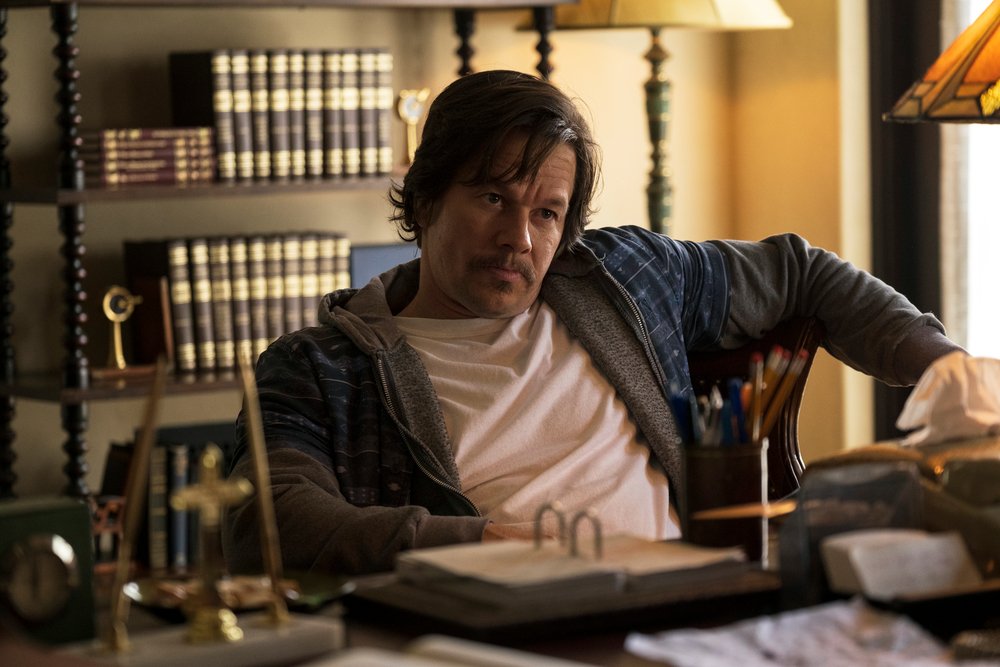
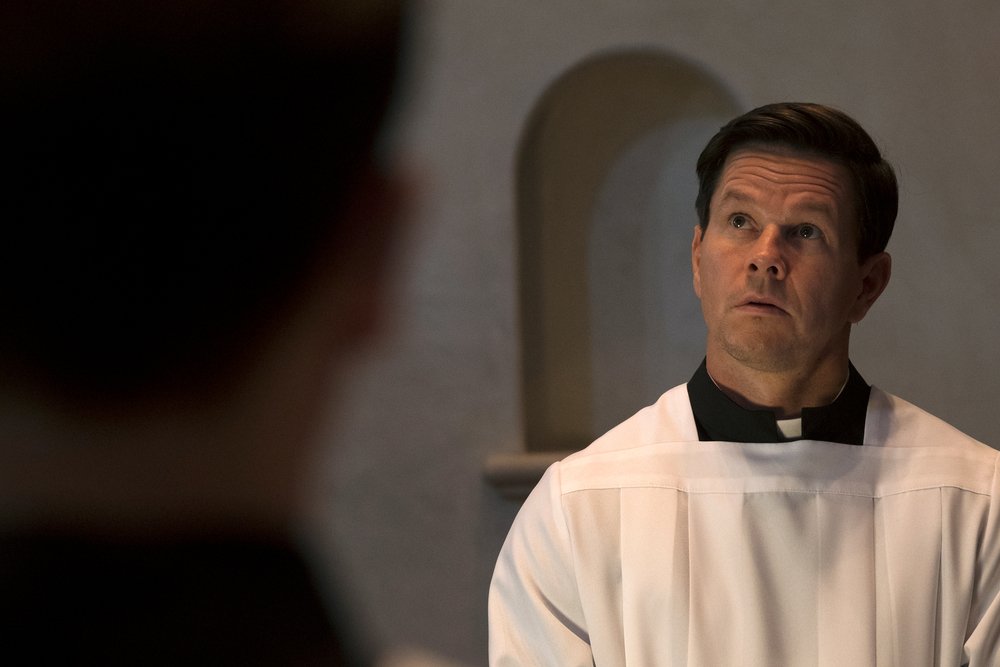
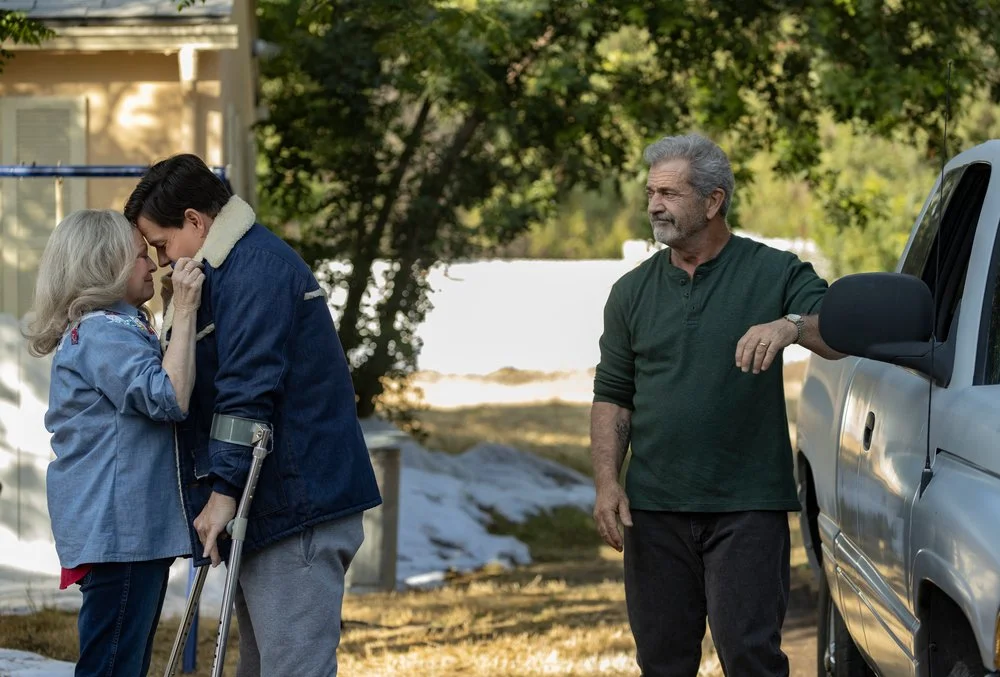
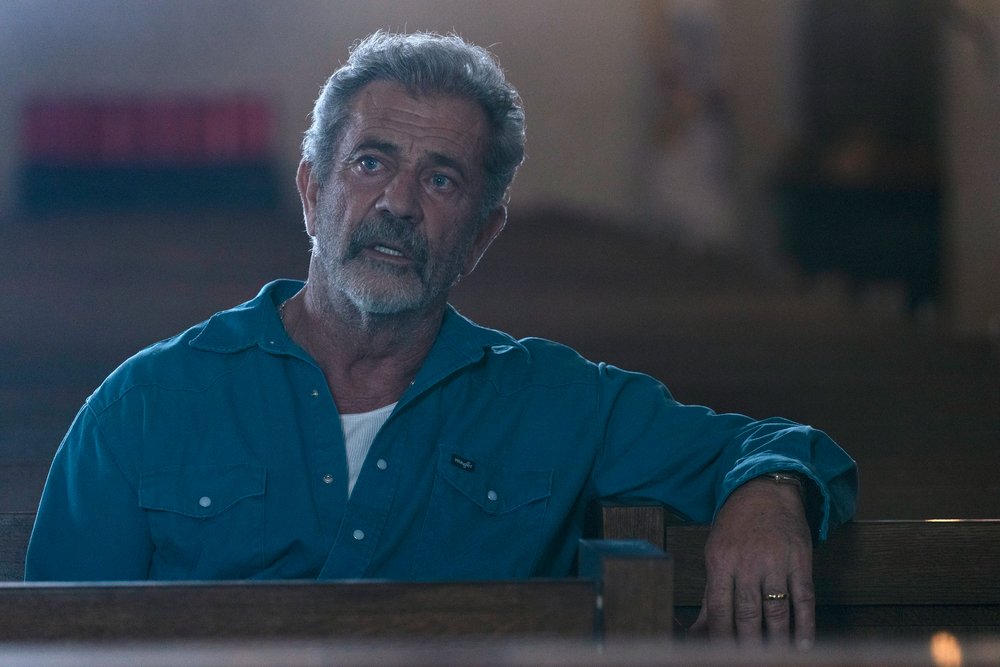
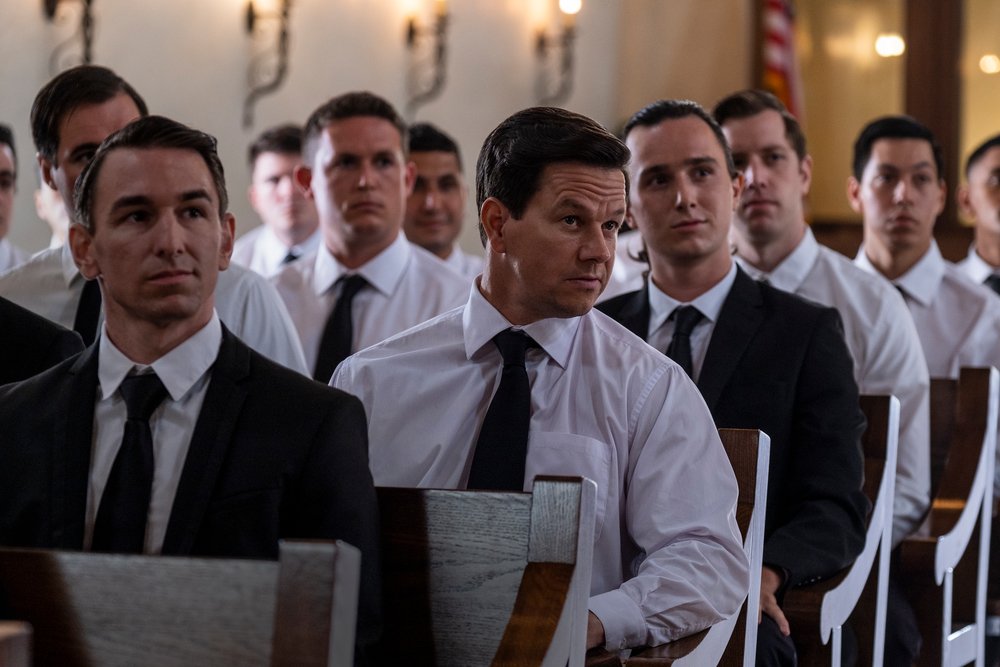

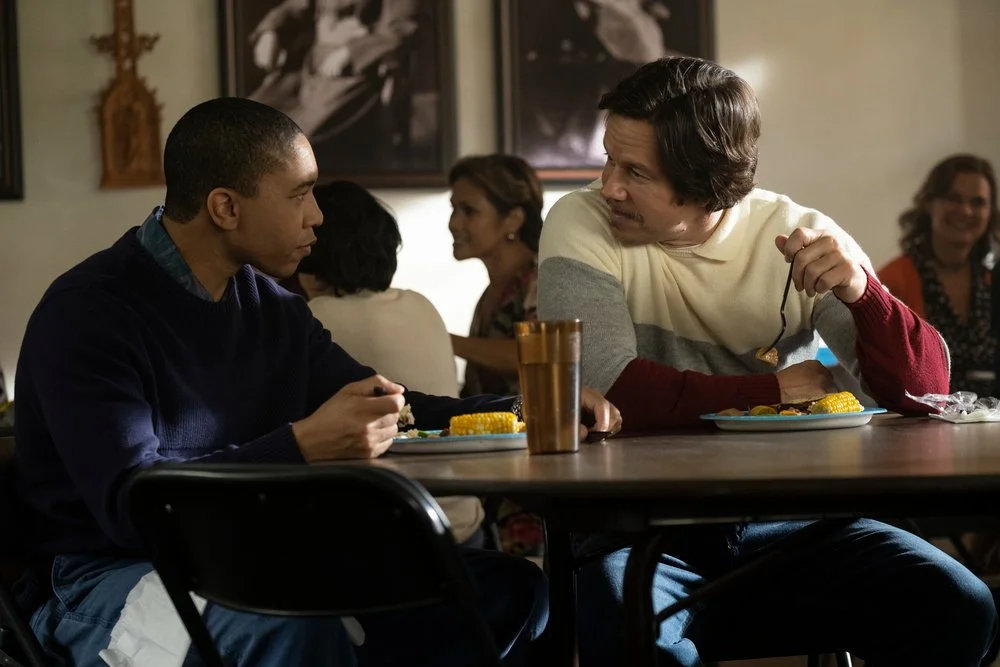
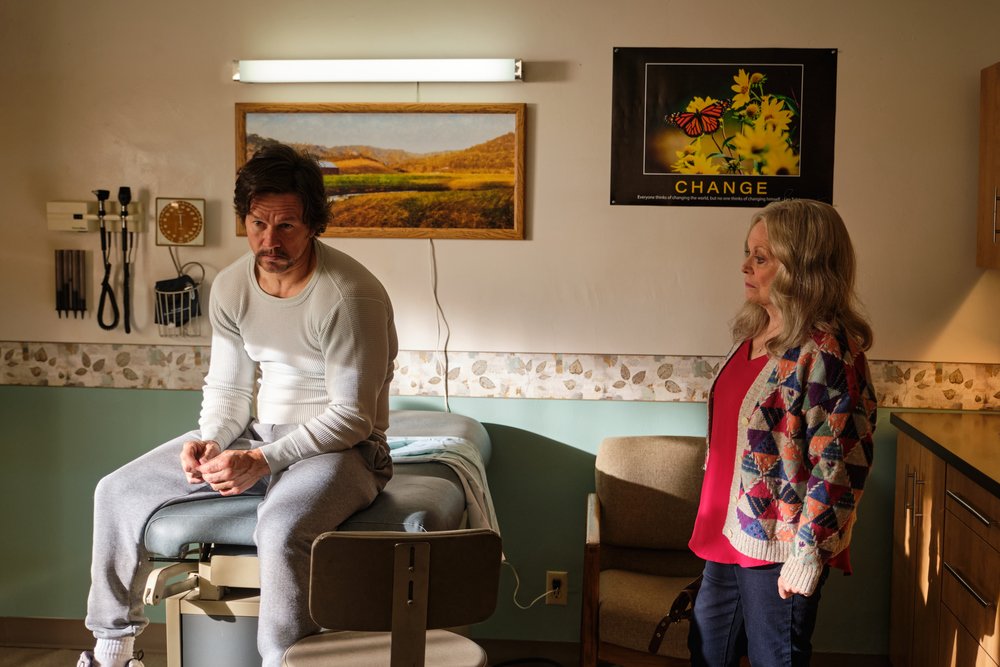

LOGO DESIGNED BY MEENTS ILLUSTRATED (#1027)
from Review Blog https://ift.tt/VFZpb4A







No comments:
Post a Comment